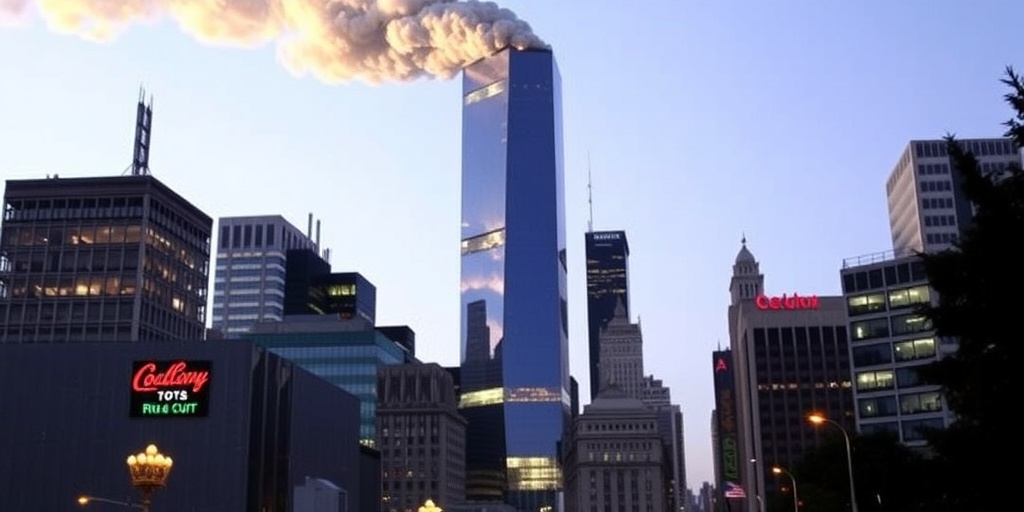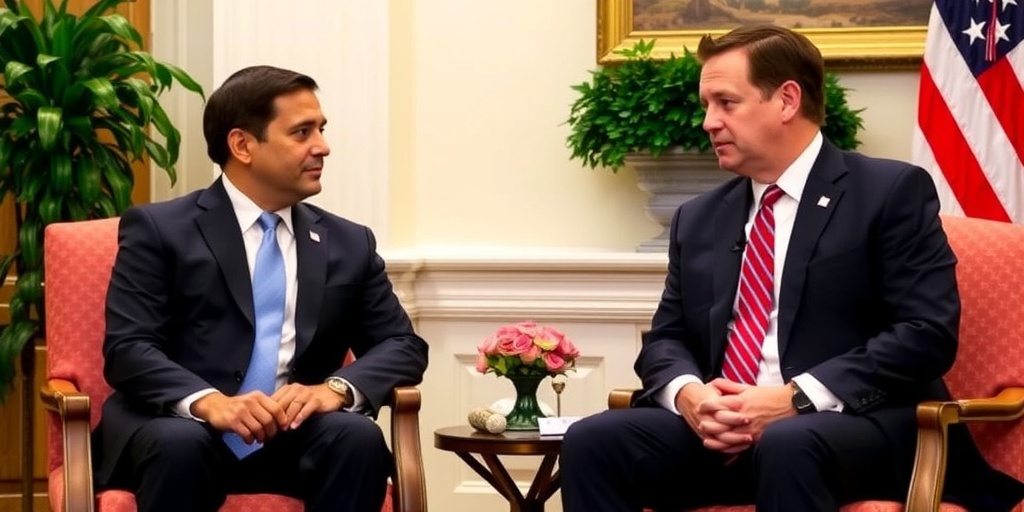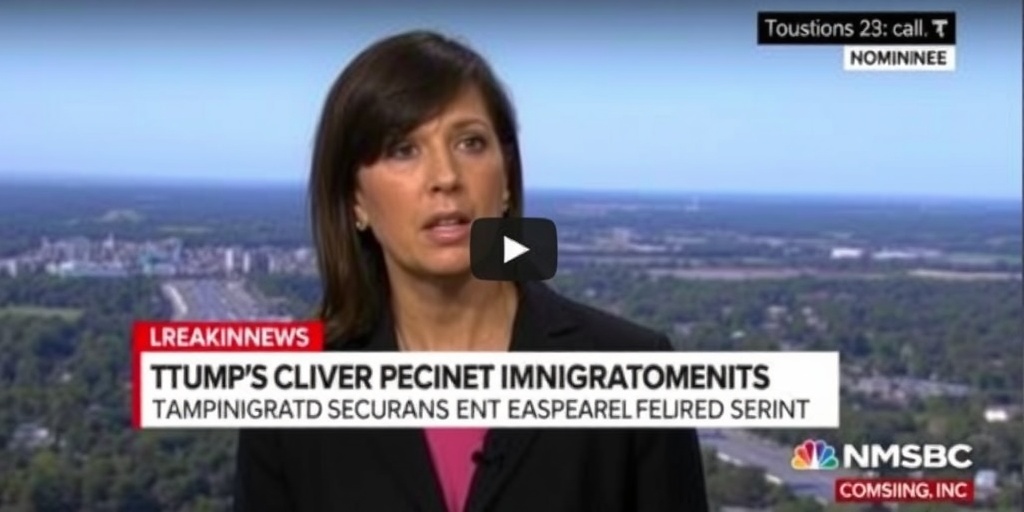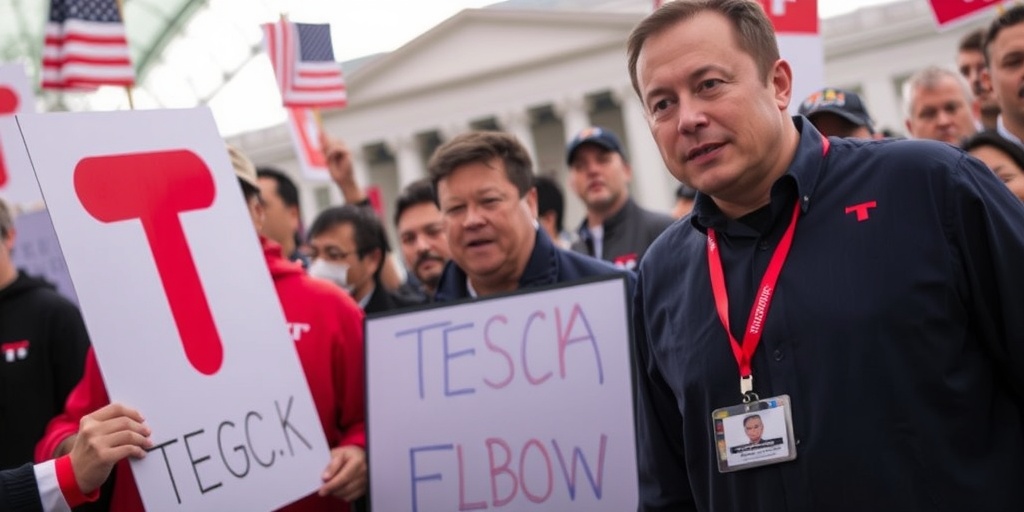Now Reading: DOGE Cuts 9/11 Fund, Bipartisan Backlash Ensues
-
01
DOGE Cuts 9/11 Fund, Bipartisan Backlash Ensues
DOGE Cuts 9/11 Fund, Bipartisan Backlash Ensues

In an unusual display of dissent within the Republican Party, a group of congressional representatives from New York criticized President Trump for his recent budget cuts to the World Trade Center Health Program, which provides essential aid to emergency workers and other individuals affected by toxic exposures from the September 11, 2001, terrorist attacks. This coalition, comprising seven Republican lawmakers, reached out to the President, appealing to him as a former New Yorker who experienced the aftermath of 9/11 first-hand, urging him to reconsider the cuts that threaten the program’s functionality.
In a formal letter addressed to Trump, these representatives underscored the critical role the World Trade Center Health Program plays in providing medical aid to those who bravely rushed to assist in the wake of the attacks. They expressed concern that the recent staff reductions would severely hamper the agency’s ability to monitor contracts and care for its members, which include the courageous individuals who faced danger during one of the most devastating moments in American history.
The urgency of the matter was compounded by prompt reactions from Democratic leaders, including Senators Chuck Schumer and Kirsten Gillibrand, who quickly condemned the budget cuts. They issued their own letter demanding the restoration of funds. It became evident by midweek that the backlash was not exclusive to Democrats; the Republican response evolved, gaining traction particularly from lawmakers representing New York and New Jersey, where memories of 9/11 remain deeply rooted.
The letter, primarily drafted by Representative Andrew R. Garbarino of Long Island, was co-signed by other Republican representatives hailing from New York as well as Chris Smith from New Jersey. The New York signatories included Nick LaLota, Mike Lawler, Claudia Tenney, Nicole Malliotakis, and Nick Langworthy—all of whom have been supportive of Trump’s presidency. The cuts, which involved a reduction of approximately 20 percent in the program’s staff, led to the termination of 16 probationary staff members responsible for overseeing the program, forcing other employees to take buyouts.
This health program operates under the Centers for Disease Control and Prevention (CDC) within the Department of Health and Human Services, which has recently appointed Robert F. Kennedy Jr. as its head. The budget cuts were part of a broader strategy aimed at streamlining government operations, often labeled as part of government efficiency initiatives under Elon Musk’s purview, which resulted in thousands of layoffs across various federal agencies.
In their plea to Trump, the lawmakers also highlighted the importance of funding for research conducted by the New York Fire Department, which compares illness incidence rates among firefighters with those in other urban areas. This research was recently classified as “nonessential,” drawing incredulity from the letter’s authors.
Dr. David J. Prezant, the Fire Department’s chief medical officer, emphasized the significance of this study, stating that it is crucial for establishing a definitive link between illnesses and exposure to 9/11-related toxins. The World Trade Center Health Program provides essential medical services and conducts research on health conditions stemming from the attacks, serving approximately 137,000 members as established by the James Zadroga 9/11 Health and Compensation Act of 2011.
Advocates for the program warn that the budget cuts threaten to exacerbate delays for new enrollees and diminish the capacity of staff to address patient concerns adequately. Anthony Gardner, a program employee who recently received a termination notice, voiced the stakes involved, stating that these cuts could have life-or-death implications for program members facing critical health challenges.
Further raising alarms, Gardner added that the program was already functioning with minimal staffing, making it imperative for Secretary Kennedy to reassess the cuts to prevent any further reductions that could compromise patient care.
On Monday, Schumer and Gillibrand reiterated their concerns in correspondence directed at Kennedy, reminding him of his prior commitment to ensuring essential services for 9/11 responders and survivors during his confirmation hearings. They urged Kennedy to reverse the recent staff terminations, which they described as “rash and counterproductive,” and to safeguard the health services provided to those suffering from ailments linked to their heroic actions on September 11.
Advocates, including John Feal, a former construction worker instrumental in recovery efforts at the World Trade Center, condemned the cuts as reckless and inhumane. He warned that without adequate staff to manage procedures, individuals with serious conditions, such as stage-3 lung cancer, would face prolonged waits for necessary treatment certification.
The overall sentiment from representatives and advocates remains clear: the budgetary reductions pose a significant risk to an essential health initiative for 9/11 responders and survivors, potentially undermining the support they have counted on for more than two decades. The demand remains strong for the restoration of funding and staffing to ensure these individuals receive the necessary care they have long deserved.
Stay Informed With the Latest & Most Important News
Previous Post
Next Post
-
 01New technology breakthrough has everyone talking right now
01New technology breakthrough has everyone talking right now -
 02Unbelievable life hack everyone needs to try today
02Unbelievable life hack everyone needs to try today -
 03Fascinating discovery found buried deep beneath the ocean
03Fascinating discovery found buried deep beneath the ocean -
 04Man invents genius device that solves everyday problems
04Man invents genius device that solves everyday problems -
 05Shocking discovery that changes what we know forever
05Shocking discovery that changes what we know forever -
 06Internet goes wild over celebrity’s unexpected fashion choice
06Internet goes wild over celebrity’s unexpected fashion choice -
 07Rare animal sighting stuns scientists and wildlife lovers
07Rare animal sighting stuns scientists and wildlife lovers





















